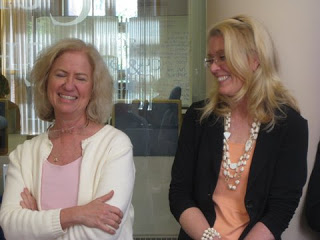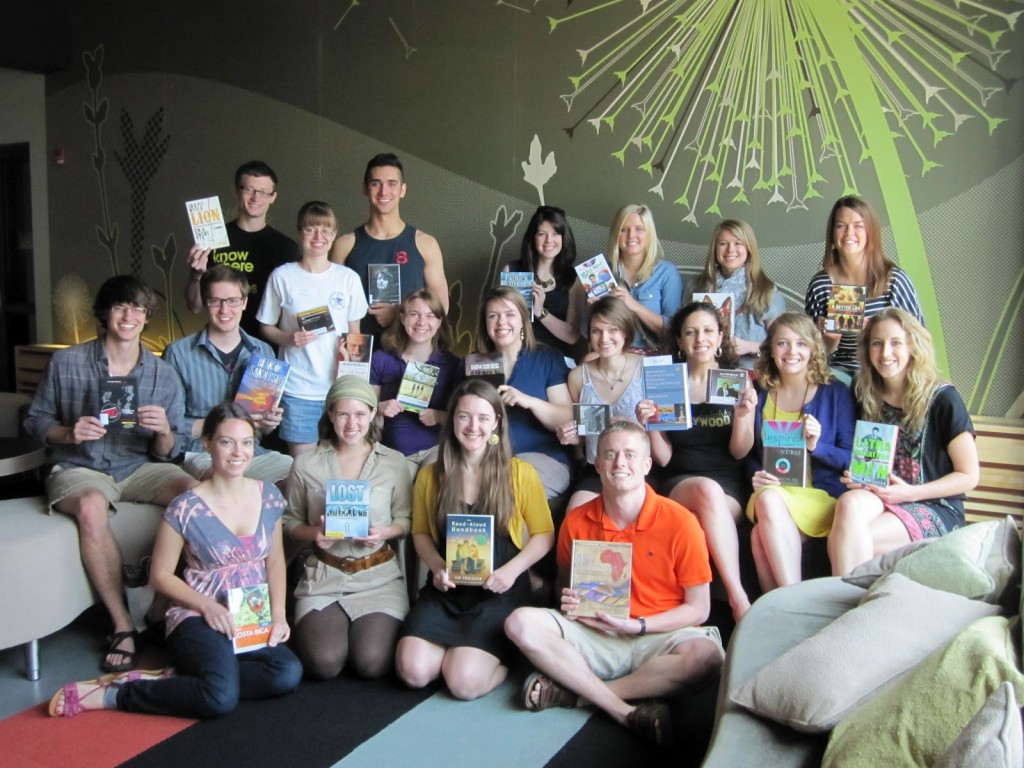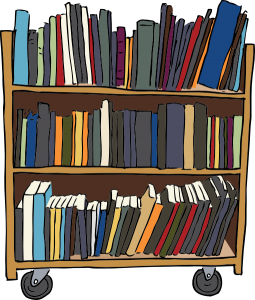Welcome to new and returning students to campus! All of us at Van Wylen Library, the Joint Archives, and the Music Library promise to do our best to help make this your best year ever.
Our goal is to create a comfortable, open, and stimulating environment for research and study. As you go about your way, remember these helpful tips to quickly make the most of Library resources:
- Covered drinks and packaged food are allowed within Van Wylen. Cup & Chaucer in the front entrance lounge of Van Wylen sells a variety of “brainfood” snacks and drinks!
- Configure your notebook for easy printing within Van Wylen by following these instructions.
- Renew checked out items online easily by following the My Account link from our homepage.
- There are many group study rooms and common areas available for collaboration.
- Demystify college level research by Asking a Librarian. Stop by the Research Help Desk or make an individual appointment to get one-on-one assistance finding the best sources.
- The Center for Writing and Research is conveniently located within Van Wylen, next to the Research Help Desk on the first floor. They won’t write your paper for you, but they’ll help you do it better!
- We have giant bean bags.
With all that the Library has to offer, you will want to make it your go-to place for study, research, and group projects. Even when you can’t make it to the Library, there are hundreds of digital resources at your disposal – beyond just Google – including academic databases, journals, and ebooks. You can even access them off campus.
Impress your professors and peers by citing something smart. If you’re stuck, just ask! We’re here to help.







